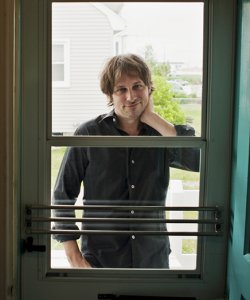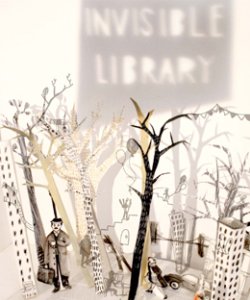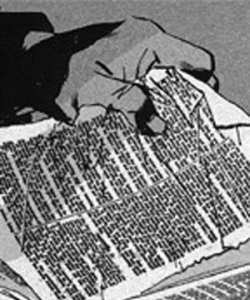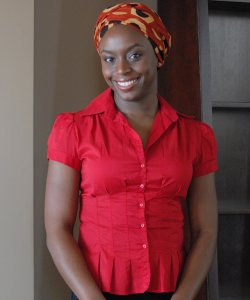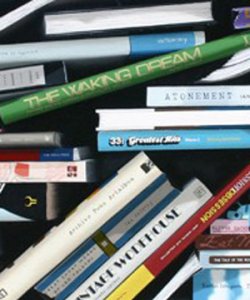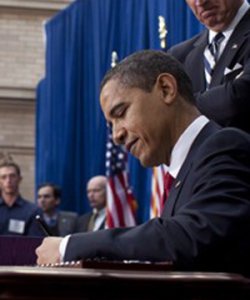Page One: Where New and Noteworthy Books Begin
With so many good books being published every month, some literary titles worth exploring can get lost in the stacks. Page One offers the first lines of a dozen recently released books, including Victor LaValle's Big Machine and Dan Chaon's Await Your Reply, as the starting point for a closer look at these new and noteworthy titles.







